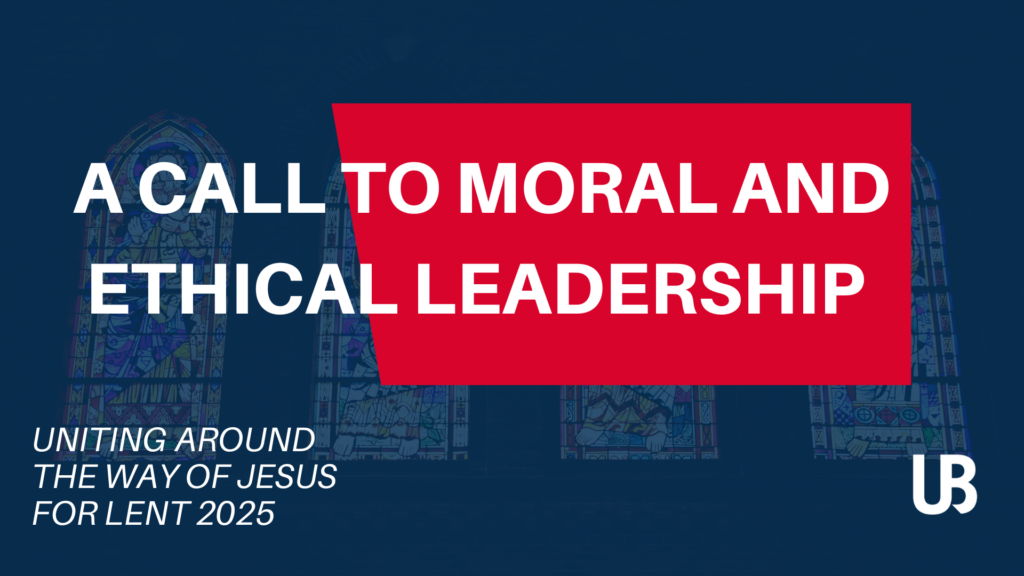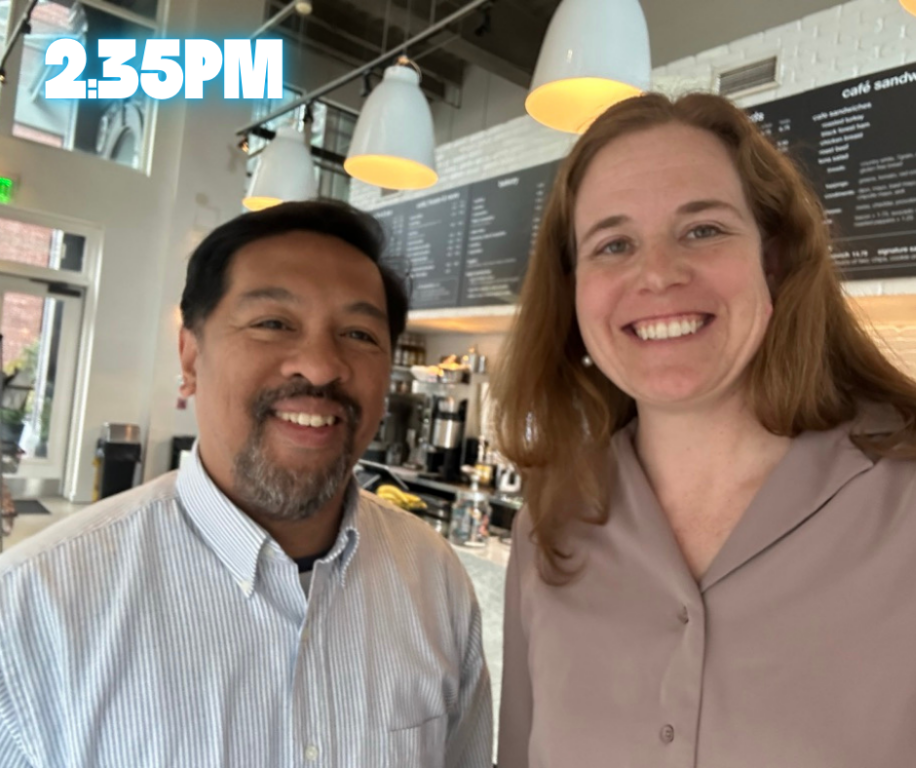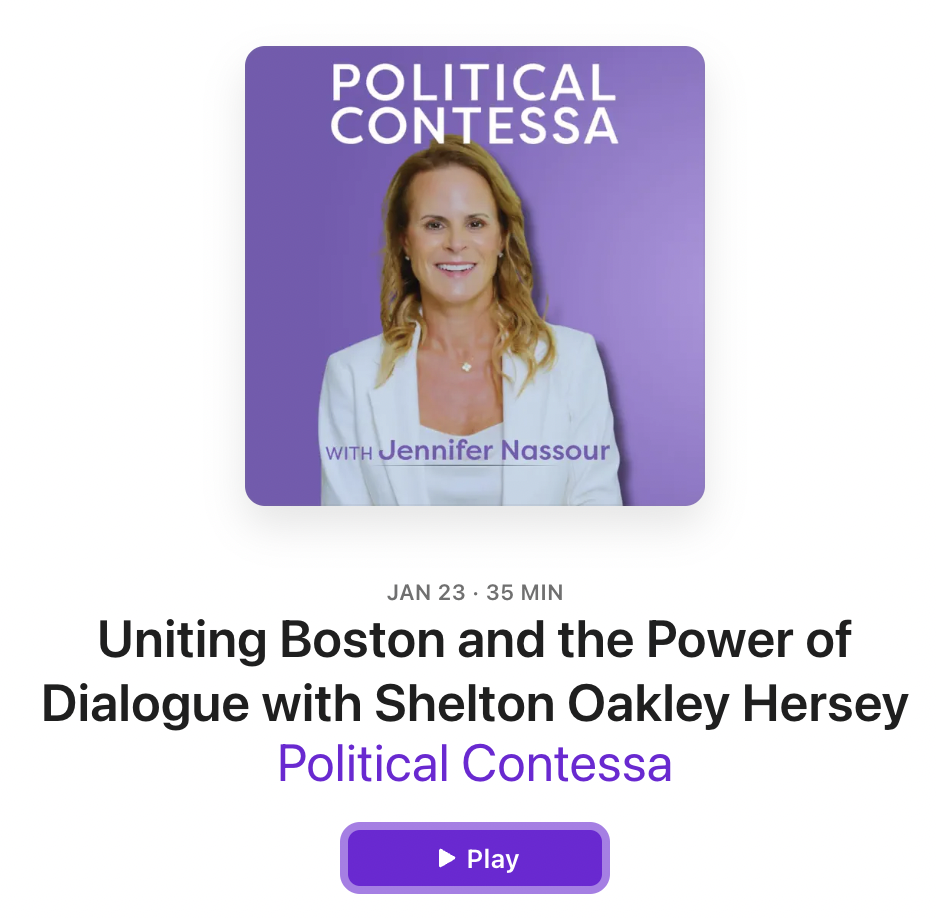
This Sunday, we’re honored to feature resources from Rev. Michelle Sanchez, who is coming to Boston in two weeks to be our keynote speaker for our fundraising party! Rev. Sanchez is the author of Color-Courageous Discipleship, Color Courageous Discipleship Student Edition, and Beloved Community, a discipleship trilogy based on the core truth that confronting systemic racism head-on is a core part of one’s formational journey to maturity in Christ.
One way to build a beloved community is by reflecting on how we use our power to advance God’s kingdom. Read Rev. Sanchez’s insights below on the importance of a “power audit,” especially relevant during this Lenten season of fasting.
P.S. We deeply appreciate how Rev. Sanchez shares her message in a holistic and practical way, making it accessible and age-appropriate for kids, teens, and adults alike. Check out Rev. Sanchez’s Color-Courageous Kids Activity Kit as well as her Family Devotional on Youversion!
With the passing of years, I have increasingly realized that trying to change the world is usually folly. The list of people who have measurably changed the entire world is quite short. Nevertheless, I can seek to change my world—my unique sphere of influence—on a daily basis.
This is precisely where fasting comes in. Just as God taught us in Isaiah 58, fasting is not merely about giving up food; it’s about making tangible sacrifices that transform our world. And when it comes to antiracism, the sacrifice of power may be the most important sacrifice that color-courageous disciples can make. Our model for this is Christ himself:
“Having loved his own who were in the world, he loved them to the end…. Jesus knew that the Father had put all things under his power . . . so he … began to wash his disciples’ feet.”
(John 13:1, 3–5)
Jesus, fully aware of his power, chose to lay it down for the sake of love. Then he called his disciples to do the same (John 13:12–17).
A New Way to Fast: The Power Audit
We all have power in different ways, even if we don’t always recognize it. The power audit is a simple but transformative exercise that helps us identify and steward the influence we already hold—choosing to leverage or sacrifice it for the sake of beloved community.
We can think of power in four key areas:
- Privilege – Unearned advantages we can use for good
- Position – Roles and responsibilities where we can create change
- Platform – Our voice and advocacy, whether public or private
- Prosperity – Our resources, including time, talent, and finances
Practicing a power audit means regularly reflecting on how we use these forms of power. Consider arranging them in the shape of a cross—reminding us that true discipleship involves sacrifice for the sake of love.
Take the Next Step
If you take just one action after reading this, let it be this: Commit to the practice of a power audit. Start by identifying the power you hold and asking how you can use it to build beloved community. Even small sacrifices—speaking up in a meeting, making space for others, reallocating resources—can be powerful acts of discipleship.
Most importantly, don’t do this alone. The journey of color-courageous discipleship is one we are called to walk together, encouraging one another along the way (Hebrews 10:25).
Let’s reimagine fasting—not just as something we give up, but as something we give away to transform our world.
Adapted from Color-Courageous Discipleship: Follow Jesus, Dismantle Racism, and Build Beloved Community by Michelle T. Sanchez. Copyright © 2022 by Michelle T. Sanchez. Published by WaterBrook, an imprint of Penguin Random House. Used with permission.

 Repent of ways we have strayed from the Way of Jesus (
Repent of ways we have strayed from the Way of Jesus ( Sign the petition on Google Forms here
Sign the petition on Google Forms here








